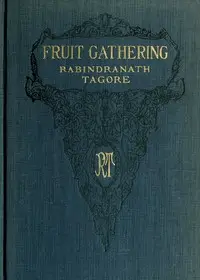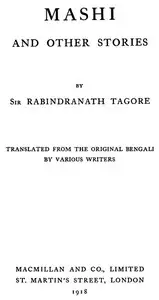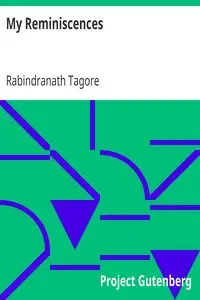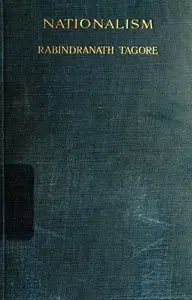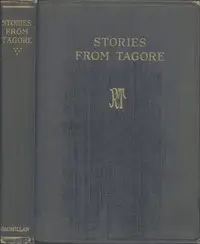"Gitanjali" by Rabindranath Tagore is a compilation of emotionally charged poems that were initially composed in Bengali and then translated into English by Tagore himself in the early 1900s. This collection dives deeply into themes of spirituality and the loving relationship between humans and their creator. Tagore's poems display a strong affection of the world, using bright descriptions and strong feelings to encourage readers to personally think about the meaning of their lives. The poems are like songs that express the author's feelings toward God, who is often shown as a dear friend or beloved person. Tagore shares the difficulties of respecting a higher power, wanting something more, and giving oneself over to something bigger, highlighting the beauty that can be found in simple things and everyday moments. Each poem resonates with ideas of love, the natural world, and the search for what is real, blending personal thoughts with a broad sense of spirituality. Readers are taken on a trip through devotion, close talks with the divine, and a celebration of life's quickly passing moments, encouraging them to discover peace in their own lives even when things are chaotic.
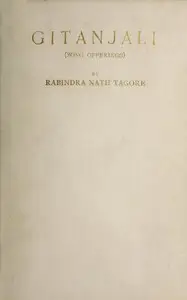
Gitanjali
By Rabindranath Tagore
Through heartfelt verses, readers get to witness a poet's intimate spiritual journey that celebrates love, devotion, and the beauty of the natural world.
Summary
About the AuthorRabindranath Tagore was a Bengali poet, writer, playwright, composer, philosopher, social reformer, and painter of the Bengal Renaissance. He reshaped Bengali literature and music as well as Indian art with Contextual Modernism in the late 19th and early 20th centuries. Author of the "profoundly sensitive, fresh and beautiful" poetry of Gitanjali, in 1913 Tagore became the first non-European and the first lyricist to win the Nobel Prize in Literature. Tagore's poetic songs were viewed as spiritual and mercurial; where his elegant prose and magical poetry were widely popular in the Indian subcontinent. He was a fellow of the Royal Asiatic Society. Referred to as "the Bard of Bengal", Tagore was known by the sobriquets Gurudeb, Kobiguru, and Biswokobi.
Rabindranath Tagore was a Bengali poet, writer, playwright, composer, philosopher, social reformer, and painter of the Bengal Renaissance. He reshaped Bengali literature and music as well as Indian art with Contextual Modernism in the late 19th and early 20th centuries. Author of the "profoundly sensitive, fresh and beautiful" poetry of Gitanjali, in 1913 Tagore became the first non-European and the first lyricist to win the Nobel Prize in Literature. Tagore's poetic songs were viewed as spiritual and mercurial; where his elegant prose and magical poetry were widely popular in the Indian subcontinent. He was a fellow of the Royal Asiatic Society. Referred to as "the Bard of Bengal", Tagore was known by the sobriquets Gurudeb, Kobiguru, and Biswokobi.





